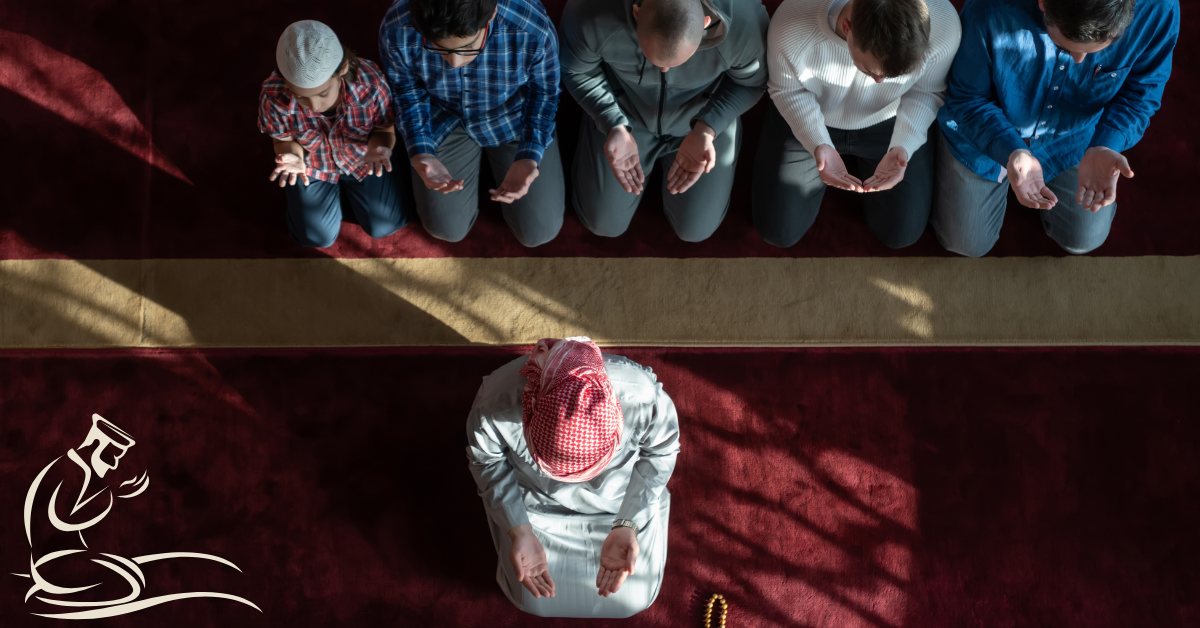Wudu (ablution) is a means of physical and spiritual purification. It prepares the believer for worship, reinforcing a mindset of humility and reverence. Allah commands in the Quran:
“O you who believe! When you rise to [perform] prayer, wash your faces and your hands up to the elbows, and wipe your heads and [wash] your feet up to the ankles.” (Quran 5:6)
While this verse specifically addresses prayer, does it extend to the recitation of the Quran?
Reciting the Quran vs. Touching the Mushaf
Islamic scholars differentiate between reciting the Quran from memory or a digital device and physically touching the Mushaf (printed Quran). Here’s the distinction:
- Reciting from memory or a screen: Most scholars agree that wudu is not mandatory, though it is recommended for spiritual purity.
- Touching the Mushaf: The majority opinion states that one should be in a state of wudu before physically handling the Quran. This ruling is derived from the verse:
“None shall touch it except the purified.” (Quran 56:79)
Scholars debate whether this verse refers to ritual purity or spiritual purity, but the general consensus encourages performing wudu before touching the Mushaf.
The Opinions of Islamic Scholars
The Hanafi School
Hanafi scholars maintain that wudu is obligatory when touching the Mushaf but not for reciting the Quran. A person in a state of minor impurity (without wudu) can recite from memory or a digital device without restriction.
The Maliki and Hanbali Schools
These schools uphold that while wudu is necessary for handling the Quran, it is not required for recitation. However, they emphasize that maintaining purity is preferable.
The Shafi’i School
Shafi’i scholars also state that wudu is obligatory for touching the Mushaf but not for reciting. They highlight that it is always meritorious to be in a state of purity when engaging with divine words.
Practical Scenarios: When Can You Recite Without Wudu?
- Without Wudu (Permissible):
- Reciting from memory.
- Reciting from a phone or tablet.
- Teaching or listening to the Quran.
- With Wudu (Recommended/Required):
- Before touching the physical Mushaf.
- When preparing for prayer.
- To enhance spiritual connection.
The Essence of Respect and Connection
Islam encourages us to approach the Quran with a heart full of sincerity and reverence. While wudu enhances the spiritual experience, it should not become a barrier that prevents us from engaging with the Quran. The key is to maintain a balance between respect and accessibility.
Conclusion:
If you find yourself in a moment of need, yearning for guidance or solace, do not hesitate to recite the Quran—even without wudu. The Quran is a source of mercy, and its doors are always open. But when possible, embrace wudu to deepen your connection with Allah’s words.






